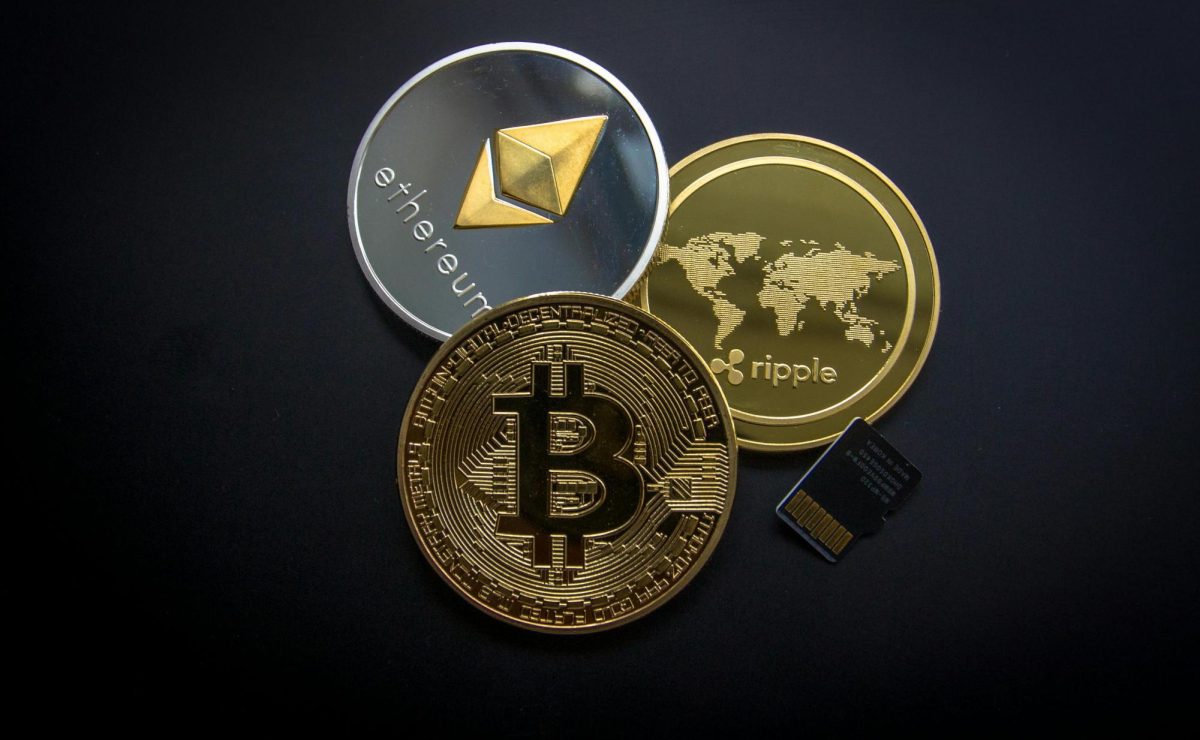What was once considered a financial tool of niche consequence has steadily become mainstream. Bitcoin, Ethereum and other digital currencies buy goods online today, pay for services and observe everyday transactions. As they get broader acceptance, digital currencies are starting to reshape how we think about money and financial transactions. This is not a technological change but a cultural one, changing how consumers and businesses think about money in their everyday lives.
Why Cryptocurrencies Are Gaining Popularity
Cryptocurrencies are fast gaining popularity with the promise of financial freedom and decentralization, affording users a greater degree of control over their assets sans the intermediation of traditional entities like banks. Through cryptocurrencies, individuals can conduct peer-to-peer transactions without the bureaucracy and high fees so commonly seen with more traditional banking. This is appealing in particular for individuals residing in countries that either have unreliable financial infrastructures or significant governmental controls regarding the flow of capital.
Another contributor could be the rise of crypto casinos: online casinos that allow gamers to bet and game through digital cryptocurrencies such as Bitcoin and Ethereum. Perceived anonymity, speed and lower transaction fees make digital currencies an attractive alternative for online gaming. These casinos expose a wider audience to the practical uses of cryptocurrencies, extending their user base well beyond traditional investors and traders.
Also, there is a reason why cryptocurrencies gained such popularity: they allow for lower fees for international settlements. Traditional financial systems often have high fees included, charging as much as 7-10% of the money transferred across the border, while in crypto, powered by blockchain, this would cost a fraction of that amount. It becomes an attractive option to conduct business, freelancing and other settlements where money needs to be transferred across borders.
Apart from the cost advantages, the speed of the transactions makes cryptocurrencies particularly advantageous. Where it takes days to make international transfers through traditional systems, cryptocurrencies are virtually instantaneous; hence, they are very attractive in the high-speed global economy. That speed is one of the key features attached to crypto casinos, too, because it enables players to withdraw their winnings or make deposits immediately.
Get The Daily Illini in your inbox!
Finally, heightened interest in both DeFi and NFTs has contributed to the increased popularity of cryptocurrencies. DeFi enables users to access various financial activities like lending, borrowing and earning interest without intermediary services by a facility. In 2024, the total value locked in DeFi protocols surpassed $50 billion, which indicated that the interest in the offerings of decentralized financial services was increasing. Contrariwise, NFTs have routed new markets for artists and creators, letting them tokenize and sell digital assets securely on a blockchain.
Crypto Adoption by Businesses: A Growing Trend
Now that they continue their upward rise in traction, many businesses have started accepting cryptocurrencies as a viable means of payment. On this trend, the crypto casinos in the entertainment arena happen to be among the leading adopters of digital currencies, offering users a rather exciting way to spend their crypto holdings.
A 2023 report by PwC indicated that 49% of global firms were planning to adopt blockchain into their businesses within the next three years, depicting an uptick in crypto adoption.
Companies like Tesla and Microsoft have begun to accept Bitcoin for selected transactions, validation of the rising presence of cryptocurrencies in the mainstream financial landscape. Yet, not all enterprises are jumping on the bandwagon entirely.
Others worry because of the volatility factor when conducting business. Digital currencies can widely fluctuate in value; these wild changes in value affect transaction valuations. For example, a crypto casino that allows Bitcoin can be at great financial risk when Bitcoin drops significantly in value within a short period.
The Role of Cryptocurrencies in Global Finance
Probably one of the deepest influences has starred in world finance, especially about cross-border transactions. Theoretically, international transfers and remittances have long been dominated by banks and financial institutions, charging high fees and mostly taking days to effect payment. Unlike traditional assets, cryptocurrencies are faster and more cheaply transacted across borders. Because of this factor, they easily make a very viable option for both individuals and businesses alike.
Crypto casinos have taken full advantage of this very advantage, hence attracting players from different parts of the world. Most of them couldn’t mind the speed and efficiency a transaction of digital currency can take. According to the World Bank, $540 billion was reached in 2022, most of which went to developing nations in the form of remittances. Where Bitcoin and XRP are concerned, there’s another way of cross-border money transfer and it takes only as little as three seconds to execute, while the traditional banking systems take so long to process.
The Future of Digital Currencies
Since cryptocurrencies are still evolving, so, too, are the technologies and regulations that surround them. Central banks and governments worldwide are considering developing CBDCs in their search to combine the benefits of cryptocurrencies with the oversight of governments. This could finally provide a more stable, broadly accepted means for digital currency in everyday transactions.
Meanwhile, crypto casinos – among others – are in the vanguard of the future of digital money by showing its practical applications in the real world. As more corporate entities and consumers start exploring the benefits of cryptocurrencies, the future of the financial world will probably continue to change further in ways we are yet to understand. The point of cryptocurrency in an increasingly digital world might redefine not only the way we make transactions but even the very notion of money itself.






